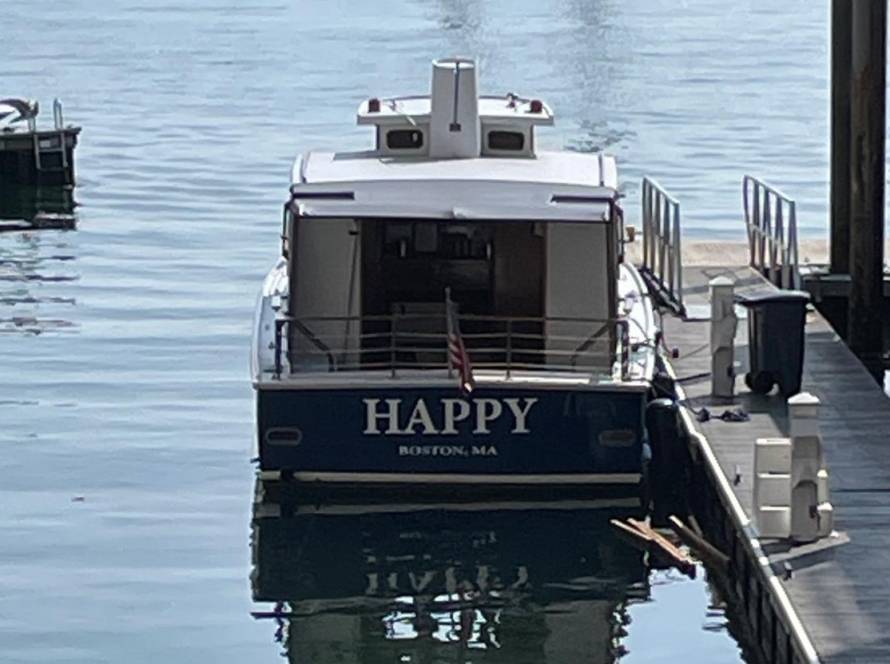On my website Notebook, I share insights and reflections about mental health, wellbeing, and counselling. My aim is to offer helpful information in an accessible way, drawing on my studies, professional work, and personal experience. Think of it as giving you a glimpse inside my own notebook — a place where ideas and understanding come together.
When I first told a friend about creating this space, she asked what my opening post would be about. Until that moment, I hadn’t considered the significance of a first entry. But on reflection, I realised it was worth celebrating and choosing with care.
To begin, I’ve chosen a theme that sits at the heart of counselling and personal growth: the most important relationship you will ever have is the one with yourself. In this post, I’ll explore why that relationship matters, how modern life can draw us away from our true selves, and practical ways you can begin to build a stronger, healthier connection with yourself.
Ancient wisdom
You’ll also find the quote on the ‘About Karen’ web page because it sums up a concept I believe in.
“The most important relationship we can all have is the one you have with yourself. The most important journey you can take is one of self-discovery.”
Aristotle
I have spent many years on this journey so I know from experience it is not always easy. There have been things I would rather not have encountered along the way. But I have also found it fascinating and rewarding. Counselling and other therapies have been a crucial support as I have navigated my way. And ultimately it is my own belief in the value of self-awareness that led me to become a counsellor.
Bearing in mind Aristotle lived in ancient Greece, his words are old wisdom. But this concept of focusing on a relationship with yourself is often overlooked in our modern world. You may be absorbing so much going on in your environment, you no longer identify what your own thoughts are. Feeling the need to compare yourself with others or to fit in may mean the stories you tell yourself internally are in direct conflict with the stories you present to the world. This can mean you are not being true to yourself.
What is getting in the way?
In today’s culture we live life at a hectic pace and technology captures our attention too much of the time. The world of Google, social media scrolling, celebrities and streaming services gives us 24/7 access to global distraction. This can lead us to unrealistic comparisons to the lives of others, being swept away on ill-fitting dreams and caught in an unsatisfactory loop with our external world. Add these technological distractions to day-to-day issues such as the impact of family members or colleagues, experiencing trauma or loss, confidence issues such as low self-esteem, perfectionism or feeling blue and the room for developing self-awareness gets squeezed.
Many people believe they do not have time or capacity for a self-discovery journey. Why ‘navel gaze’ when there never seems to be enough time to get the day-to-day home and work stuff done? Or you may feel you don’t play an important enough role in your own life. That it is more important to focus on others in your life e.g.a partner, parents, children or friends than yourself.
The push/pull of external and internal pressures can very often keep people stuck in a state of stress and unfulfillment. If the mind is continually fed with negative content, intentionally or not, and looking externally for answers, it can fuel worry and anxiety. Or our mood can become low and depressed. Modern life is driving high levels of anxiety in an average 37% of women and almost 30% of men in the UK1. Meanwhile, 8.6 million people were taking anti-depressants in 2022/23 with 25% having done so for more than five years2 .
The mind disconnected from the body
As the statistics indicate, it is not uncommon for your mind to become disconnected from your body. The pressures of modern life like can cause you to become stuck with a constant flow of automatic negative thoughts. Conditions like anxiety, depression, low self-esteem and perfectionism keep us locked up in the mind. This can create disengagement with your physical self and cause the overstimulation of your sympathetic nervous system. Your internal world is not contained to your thoughts but encompasses your whole physical being.
It is as if the mind is caught in a relationship with itself and the rest of the body gets left behind. As a result, we can become numb to sensations and messages the body is trying to provide. For example, it is commonly known that the mind-gut connection is a physical reality. If stress impacts us physically in our gut, it also impacts our gut instincts and ability to trust our intuition.
People can be so caught up in their mind and outer world, they ignore the physical messages their body is relaying. Or perhaps they are not keen to sit with the discomfort of trying to understand their inner world. Instead, they believe it’s easier to seek answers externally or find ways to numb the sensations. They don’t realise that taking some time to know themselves better may actually make them less stressed, anxious, depressed or time poor and more present in their own life.
Beyond putting on your own lifejacket
The instruction ‘put your own lifejacket on first’ used in inflight briefings is now provided as a reason why we should undertake self-care. But self-care can quickly become just something to add to an already too long ‘to do’ list. Especially if you have not taken time to understand what self-care would suit you and the benefits you can gain from it. Self-care rituals can be pointless if you are unable to be present and believe in their value.
Truly having a relationship with yourself goes far beyond the lifejacket example. It encompasses the relationship you have with your thoughts, behaviours, beliefs and values. It involves your movement, nutrition, how you show up in the world, who you spend your time with and more. It’s about understanding what makes you you, how you feel well in your body and how you want to live your life.
Starting the journey
Sometimes when you decide to embark on a journey of self-discovery, it’s difficult to know where to start. Anxiety, depression, poor self-esteem or other life issues can be overwhelming. This makes it hard to find focus and positive belief.
Fortunately, there are an increasing number of resources out there, many free, that can help you to begin the journey. These include podcasts, books, guided journals, videos with mindful techniques such as meditation and breathing exercises together with gentle exercise.
Working with a counsellor can be valuable. It provides a confidential space to explore your current situation and unsupportive thoughts, feelings and behaviours. Regular appointments can help you untangle the different elements of your story that have got you to this point. With the counsellor’s support you can consider how you would like to feel and behave differently.
Trusting yourself as the expert of your own life
Once you have a greater understanding about your needs and desires, you can be more aware about what you need to do to look after yourself. This can also help you realise what need/don’t need from others and different situations in your life. For example, if you begin to realise enjoying some quiet time at weekends is essential to having a better week, reaching out to others to help ensure you carve out some time to yourself may be key. Their support may facilitate a 30 minute walk to clear your head or an hour on Sunday to read a book. Alternatively, someone working at home may feel lonely and isolated so ensuring they make it to their monthly book club or organise a night out with friends could be important.
Gaining awareness of what supports your mental wellbeing and putting small initiatives in place to create change adds up. It can help you better understand your mind and body, what helps keep your batteries charged and what depletes you. It can help you respond to relationships and events in your life in a way that works better for you. Making your relationship with yourself as a priority means it can become your anchor in life. One that is there during good days and not so good ones, allowing you to better enjoy your journey of life and self-discovery.
As I continue to add to Notebook, my hope is that it becomes a space where you can pause, reflect, and gather ideas to support your own journey. Building a better relationship with yourself is not always easy, but it can become the anchor that steadies you through both challenges and growth. If this post sparks even one moment of self-awareness or curiosity, then it has served its purpose — and I look forward to sharing more pages from my notebook with you.
1 Office of National Statistics (2023). Public opinions and social trends, Great Britain: personal well-being and loneliness. Retrieved from https://www.ons.gov.uk/peoplepopulationandcommunity/wellbeing/datasets/publicopinionsandsocialtrendsgreatbritainpersonalwellbeingandloneliness [Accessed 03/04/2024]
2 NHS (2023) NHS releases mental health medicines statistics for 2022/2023 in England. Retrieved from https://media.nhsbsa.nhs.uk/news/nhs-releases-mental-health-medicines-statistics-for-20222023-in-england [Accessed 03/04/2024]





